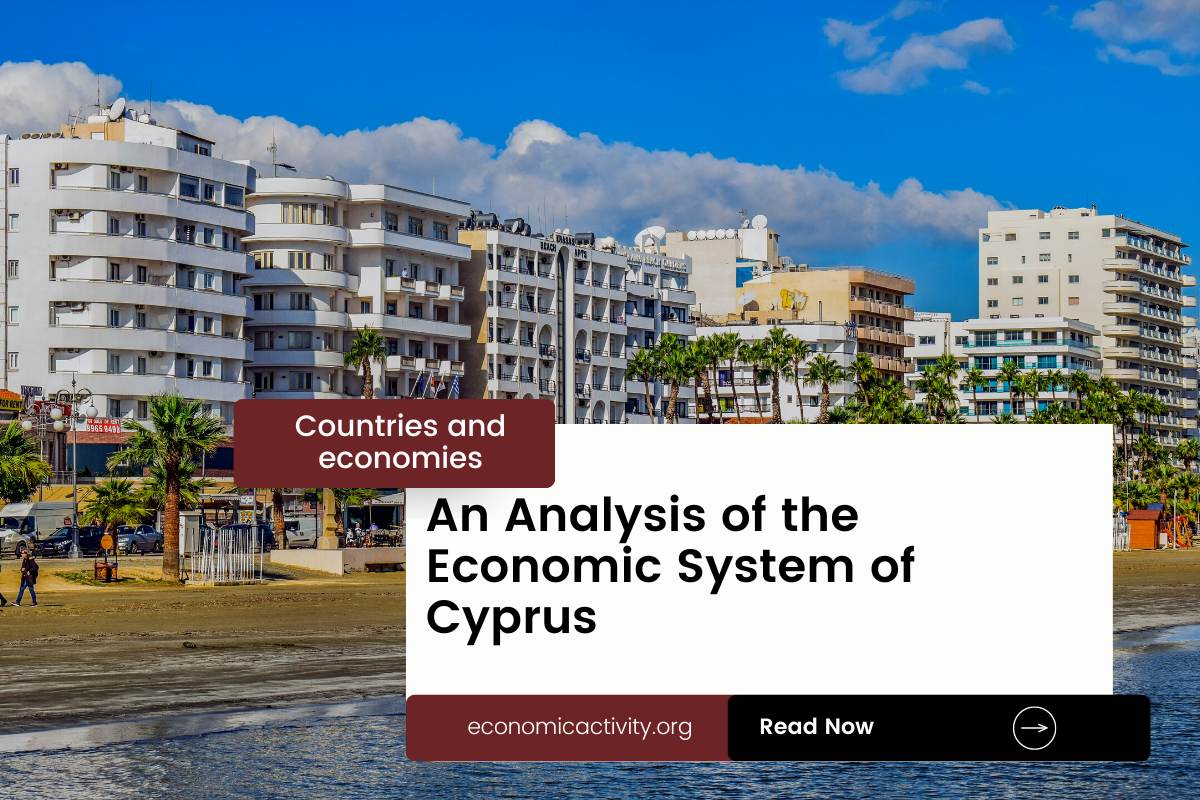What is the economic system of Cyprus? The economy of Cyprus is based on a mixed economy. The country’s economic system combines elements of a market economy and a planned economy.
In Cyprus, the economy is composed of a private sector, consisting of individuals and businesses that make autonomous decisions based on self-interest, and a public sector, where the state determines the production and distribution of specific goods and services. No country is purely capitalist or purely communist.
What do the freedom indexes tell about the economic system of Cyprus?
Now, to determine if a country is mostly a market economy or a planned economy, it is useful to examine some economic indexes. For instance, according to the 2022 Index of Economic Freedom, which measures the ability of every human to control his own labor and property, Cyprus is ranked 23rd globally and 16th in Europe indicating that the country has a mostly free economy.
In a similar way, the 2022 Freedom House index evaluates the state of political rights and civil liberties globally. Generally, market economies tend to align more with democracy and freedom, while command economies tend to be characterized by greater state control and fewer democratic and civil liberty protections. Cyprus gets a score of 93/100, which qualifies it as “Free”. Cyprus is a country where the government does not control what people do for political reasons, and people have the freedom to choose (what, how much and how to produce, whether to buy or not, selling price, etc.)
What does the biggest company in Cyprus say about the country’s economic system
The biggest company in Cyprus should also be looked at, as well as whether it is a state-owned or private company. In this case, the Bank of Cyprus is a mixed private-public sector company from Cyprus. It is jointly owned by the government and multiple private shareholders.
The historical factors that have influenced the economic system of Cyprus
The mixed economy system of Cyprus in the last century has its origins in a combination of factors, including the country’s colonial history, its strategic location, and its economic policies. The British colonial period saw the introduction of a market-based economy, while the post-independence period saw the adoption of a more interventionist approach to economic policy. This combination of factors has resulted in a mixed economy system.





Leave a Reply